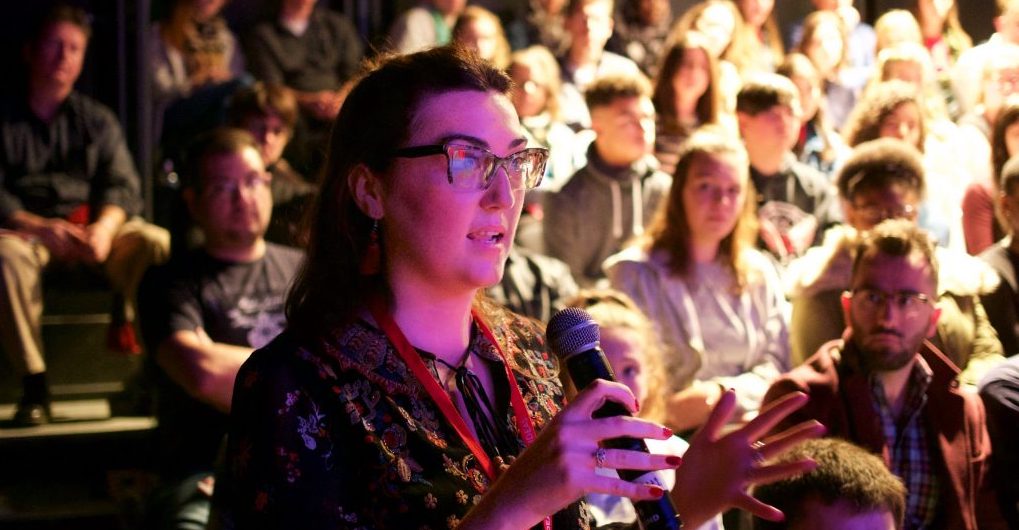How many times have you heard the idea that identity politics is the preserve of the blue-haired, plummy-voiced student? The stereotype of the ‘right-on’ warrior, from Rhodes Must Fall to contemporary feminism’s #MeToo movement, has some truth to it.
But if we dismiss identity politics, and its rise in influence, as merely a middle-class pastime we are missing something. I realised this at the 15th annual Battle of Ideas festival earlier this month. A team of just six from the Academy of Ideas created this year’s festival, conjuring up a programme of over 100 debates on everything from genomic data regulation to the power of ballet. It’s always interesting to see which debates generate the most buzz. This year, the rooms hosting our ‘identity politics’ strand were packed — and not only with oxbridge graduates.
It was while listening to some of the contributions from the floor during a debate on white privilege, that I realised that thinking about identity politics as simply an elitist project is to miss its real impact. From the introduction of new laws to the changing shape of social norms, the reach of identity politics is wide.
It’s wasn’t the case that suddenly there were loads of people starting their contributions with ‘as a woman’, ‘as a brunette’ or ‘as a pisces’, but the sheer number of people interested in debating issues like gross-out feminism, incels or white privilege showed that lots of people care about these topics. Rather than these discussions being consigned to nodding heads in student union halls, normal working people are cottoning on to the fact that these seemingly fringe discussions are having a wider impact.
Take a look at the new Labour menopause policy at work — aiming to tackle the gender pay gap. It’s straight out of the identity politics playbook, with the intention of creating (and then satiating) a grievance culture among a particular group of people — older women who work in offices. Rather than talking about politics with a big P, which involves creating a collective vision, it seems that politics now goes for the low-hanging fruit of particular identity groups.
The Battle of Ideas festival was just one event on one weekend in central London, but it was a good temperature check on where we are with these issues. Those of us who disagree with the identity politics outlook, which encourages individuals to prioritise and understand politics through the narrow prism of their own identity, need to grapple with the fact that this isn’t simply going to go away if we pooh-pooh it as a posh preoccupation.
There were young, working-class girls in the audience who were parroting the contemporary feminist line that a lack of tampon dispensers in the workplace oppresses women. This is unfathomable to me — but rather than roll my eyes, I need to figure out why such a reductive line is holding sway with young, confident women. In order to combat the rise of identity politics, and argue for a more humanist, universal political outlook, we should take it and ourselves more seriously. And, like the attendees of the festival, engage with our opponents in order to better understand our own ideas.
Ella Whelan was the co-convenor of the Battle of Ideas festival 2019. The Battle of Ideas festival is still holding satellite events, find out more at https://www.battleofideas.











Join the discussion
Join like minded readers that support our journalism by becoming a paid subscriber
To join the discussion in the comments, become a paid subscriber.
Join like minded readers that support our journalism, read unlimited articles and enjoy other subscriber-only benefits.
Subscribe